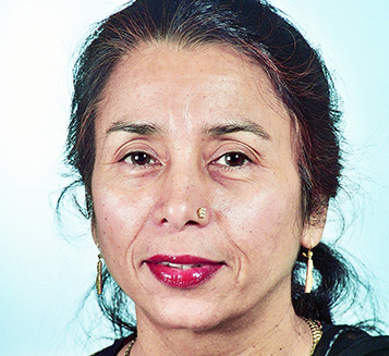The aim of the workshop is to analyse the labour- and migration-related reforms introduced since 2010 in the six GCC States and assess their implications and outcomes (or lack thereof) on Gulf nationals, on foreign residents (workers and their families), on Gulf societies, and economies. The workshop will also address the impact of these policies on migrants’ countries of origin.
3 DAYS / 12 Workshops
MORE THAN 300 ACADEMIC PAPERS
Gulf States’ economic and social reform masterplans
(e.g., UAE Vision 2021, Qatar National Vision 2030, Saudi Vision 2030, Kuwait
Vision 2035) stress the urgency of socio-economic reforms, to lower the
dependency of the region's citizens on public spending, to diminish dependency
on hydrocarbon revenues, and reduce reliance on foreign labour.
To address the latter, Gulf States enacted major reforms labour, employment, and migration policies during the past decade, along two lines. First, replacing foreign workers, who largely outnumber nationals on Gulf labour markets, with nationals. Labour nationalisation policies seek to increase opportunities for citizens in GCC countries’ private sectors, and alleviate unemployment among young nationals, especially women. Second, controlling foreign workers and residents’ numbers and profiles more tightly: these measures are multipronged, and range from selecting specific foreign skilled workers over large numbers of low-skilled workers, to aiming at correcting the perceived “demographic imbalance”, or demographic domination of foreign residents over citizens, that characterises four of the six GCC countries.

